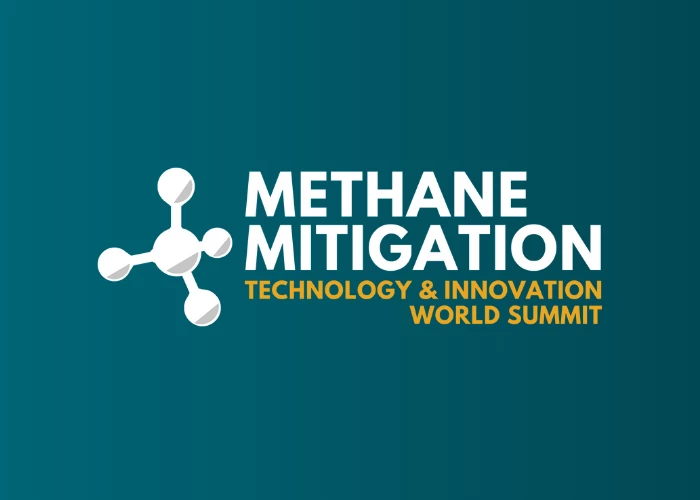SPOTLIGHT: Contract Risk Management In Iraq - Changing Legislation And Regulations
Add bookmarkWith proven crude reserves of 115 billion barrels, Iraq is seen as a key target for future oil production, particularly as regulations around offshore drilling tighten in the wake of the BP oil spill.
Figures from the International Monetary Fund (IMF), following a recent consultation with the country, show Iraq's oil production reached 2.3 million barrels per day in 2008, and around 3 million barrels per day in 2012.
An Iraqi oil boom is likely to see the country’s production surge, more than doubling from current levels of 3m barrels per day (bpd) by 2020, and hitting 8mbpd by 2035.
The government has also indicated it has ambitious plans for future oil revenues, which make up 90 percent of its income. Contemporary projections will likely see the country’s production more than doubling from current levels by 2020, and hitting 8 million barrels per day by 2035.
For companies looking to enter the country, however, significant risks remain.
Legislation - contracts and legalities post-Saddam
The sticking point for many companies looking to exploit Iraq's abundant reserves is the question over the legality of their contracts, as new legislation has not yet been implemented following the toppling of Saddam Husain's regime.
Majid Jafar, executive director of Crescent Petroleum, speaking to Risk.net described current contracts in the country as having a "dubious legality".
"The Oil Ministry claims it has been relying on Saddam-era laws in the absence of a new oil law, but according to those old laws, every contract needs to cleared by the legislative authority... the ministry has just ignored that and is claiming this does not need to be done," he explained.
Ongoing political problems are also said to be hampering the passing of the laws which would provide clarity with regard to contracts, which would guarantee the future of exports from the country.
The chairman of Iraq's oil and energy committee, Adnan Al Janabi, conceded passing the law before this summer is considered to be "unfeasible", but told delegates at the Centre for Global Energy Studies he hopes the legislation will be in place by the end of the year.
In response to the contract uncertainty, many companies have been looking towards Technical Service Agreements (TSAs), Colin Smith, managing director of head of energy research at VTB Capital, told Risk.net.
He explained "the TSA terms are widely recognised across the Iraqi political spectrum to be favourable to Iraq," and it is understood "that the framework and agreements are clear and are here to stay and there is every sign that the contractors are investing as hard as they can."
Kurdistan - "The Invisible State"
Another of the barriers towards greater certainty about oil production in Iraq is the ongoing dispute surrounding contracts signed independently by Kurdistan, without approval from the Iraqi government. Around 40 such agreements have been inked.
Bloomberg reported foreign countries are still owed $400 million (£245 million) to $500 million in revenue, as their contracts were not recognised by the Iraqi oil ministry.
A revenue sharing deal is in the pipeline, but much like the oil law, is not likely to be completed until the end of the year due to political issues, although there is confidence among government officials that the issue will be resolved amicably.
"They are big issues but ones that we think can be solved, instead of having the stoppages of the last few years," chairman of the oil and energy committee Adnan Al Janabi said.
Similarly, the prime minister of the Kurdistan Regional Government,Barham Salih, spoke about the "excellent discussions" which have been taking place between the two parties.
However, he stressed that he believes the policy of the regional government, as set out under the federal constitution, is to "manage production of oil and gas from new fields located wholly in the Kurdistan Region to generate export revenue for all of Iraq."
"The KRG expects to receive from Baghdad its first payment for the Kurdistan Region contractors, as previously agreed with Prime Minister Malik," he added.
The IMF also recognises the importance in putting in place legislation, to aid not just the oil industry but the country as a whole, and such regulation is likely to not come a moment too soon for oil and gas producers.
[eventpdf]












